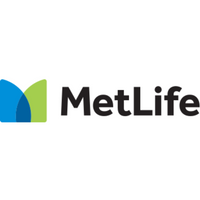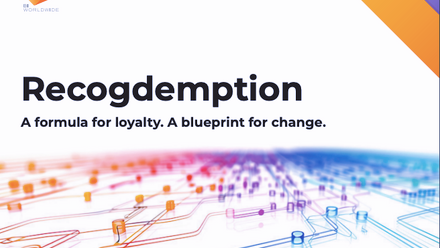Could the great reset of Covid-19 kickstart a long-term workplace productivity boost?

The apparent increase in output per hour was driven by a drop in hours in less productive industries, which were hit hardest by the pandemic. And while output per hour rose, output per worker fell by nearly 8% compared to 2019, due to the impact of the Job Retention Scheme, which protected people’s employment but reduced their working hours. This was the second biggest fall since records began in 1959, the first being over the initial lockdown period in quarter two of 2020.
But there is cause for optimism as many companies have found the pandemic to be a catalyst for positive change which could benefit long-term performance.
Is job autonomy the key to productivity?
The move to remote working was a culture shock for many employees, particularly those who had never had this option before. Workers report missing the collaborative culture and development opportunities enabled by the office. But, despite these challenges, many have been surprised by how well they have been able to adapt and have observed the benefits a hybrid working future could hold.
Our data revealed that two-thirds of both employers and employees believe that home-working in the wake of Covid-19 has increased worker productivity by an average of 30%. This lift in output can potentially be explained by employees’ having more control over their working hours and environment. The convergence of work life and home life has caused many employees to reevaluate their approach to work, and the steps they need to take to improve both their productivity and their wellbeing.
As companies observe the effects of flexible home working, we could see the 9 to 5 working day become more fluid, with employees being given more choice over how they split their working week between home and the office, and the hours that suit them. With the hybrid workforce becoming less of a possibility and more of a reality, this autonomy could be the key to boosting the productivity of the future workforce.
The importance of security and personalised care
During a time of great uncertainty, employees are searching for a sense of belonging, prompting business leaders to redefine their offering to provide more holistic care for their workers.
Employers that have shown that they truly care for their people have seen this reflected in their performance. Our data revealed that, of those employers who have seen a high increase in productivity during the pandemic, 83% have shown good levels of care towards their employees and 73% have provided a good level of job protection. In contrast, of the employers who have seen a severe decrease in productivity, just 41% have shown good levels of care and 48% have provided good job protection.
With every worker’s home-situation different, the importance of tailored support has also become evident over the past year. Not only does this level of care help people to perform at their best, it makes them want to perform at their best; 69% of employees will work harder for an employer who provides employee benefits that support their individual needs. More than ever, it will be important for employers to openly discuss benefits packages with their employees and shape them to their needs where possible.
Maintaining this emphasis on employee experience will be crucial as companies move out of survival mode and look to the future. Trust, care and defining a new sense of belonging are key themes employers need to recognise to meet the current gap in employee expectations. Segmenting employees helps to drive engagement and ultimately productivity for like-minded groups – understanding their uniqueness and the importance of individualism in a changing world.
This article is provided by MetLife.
Supplied by REBA Associate Member, MetLife
At MetLife our aim is to help businesses prepare for the future, perform at their best and protect their people.







